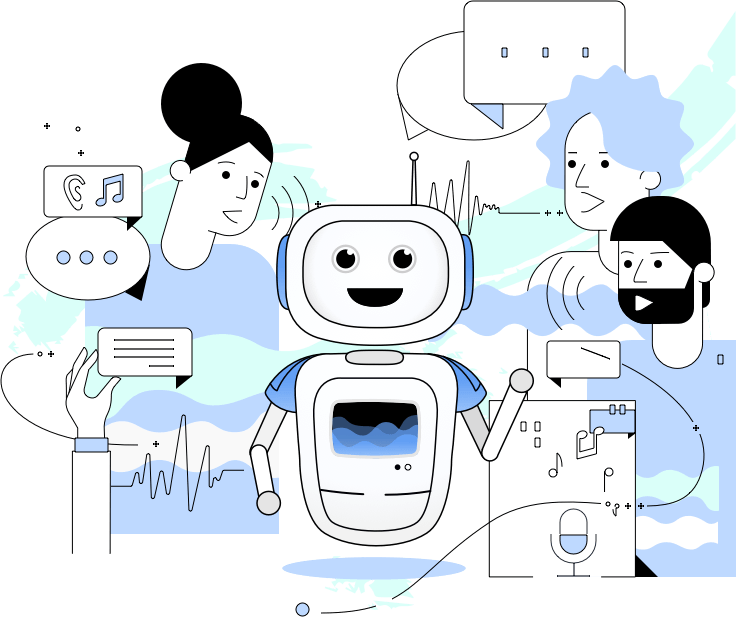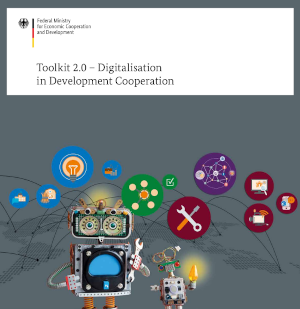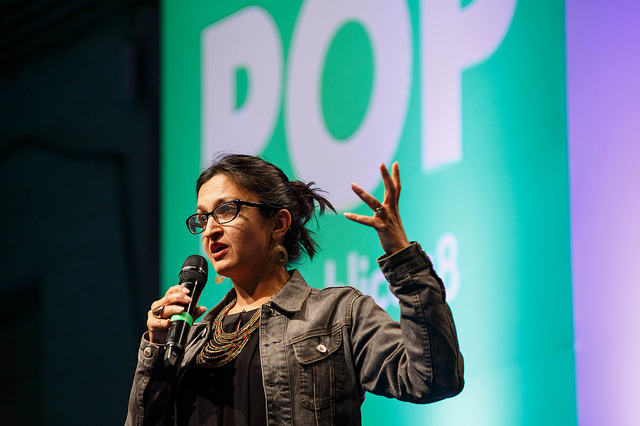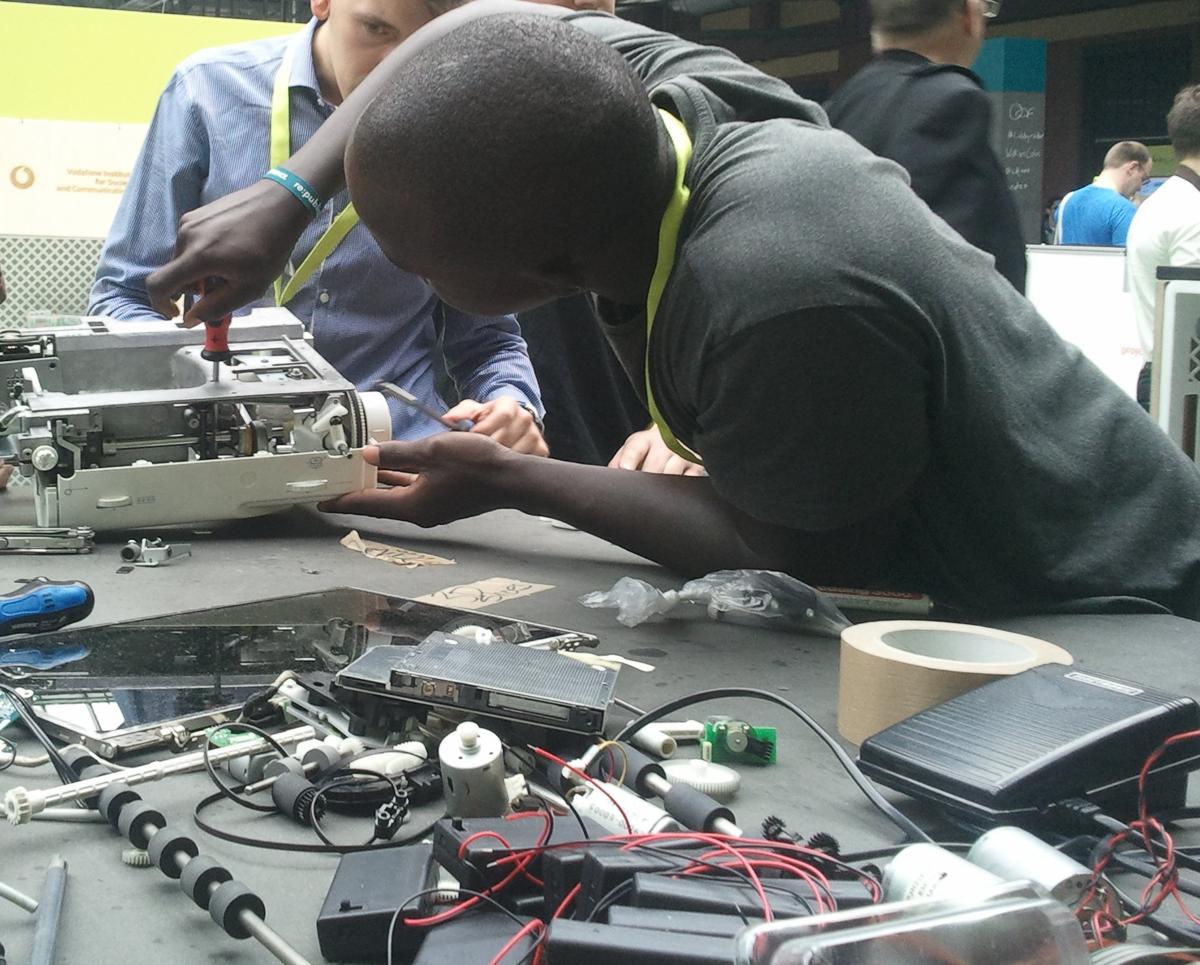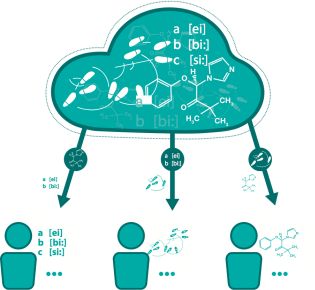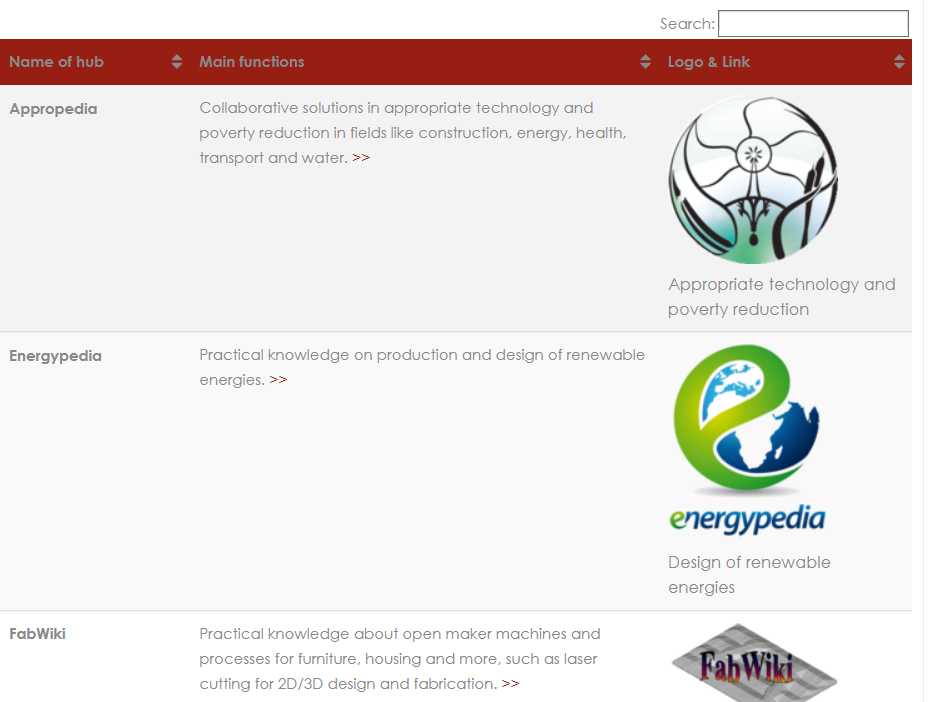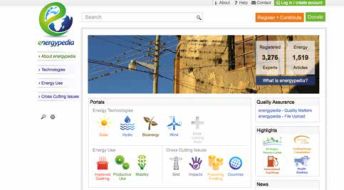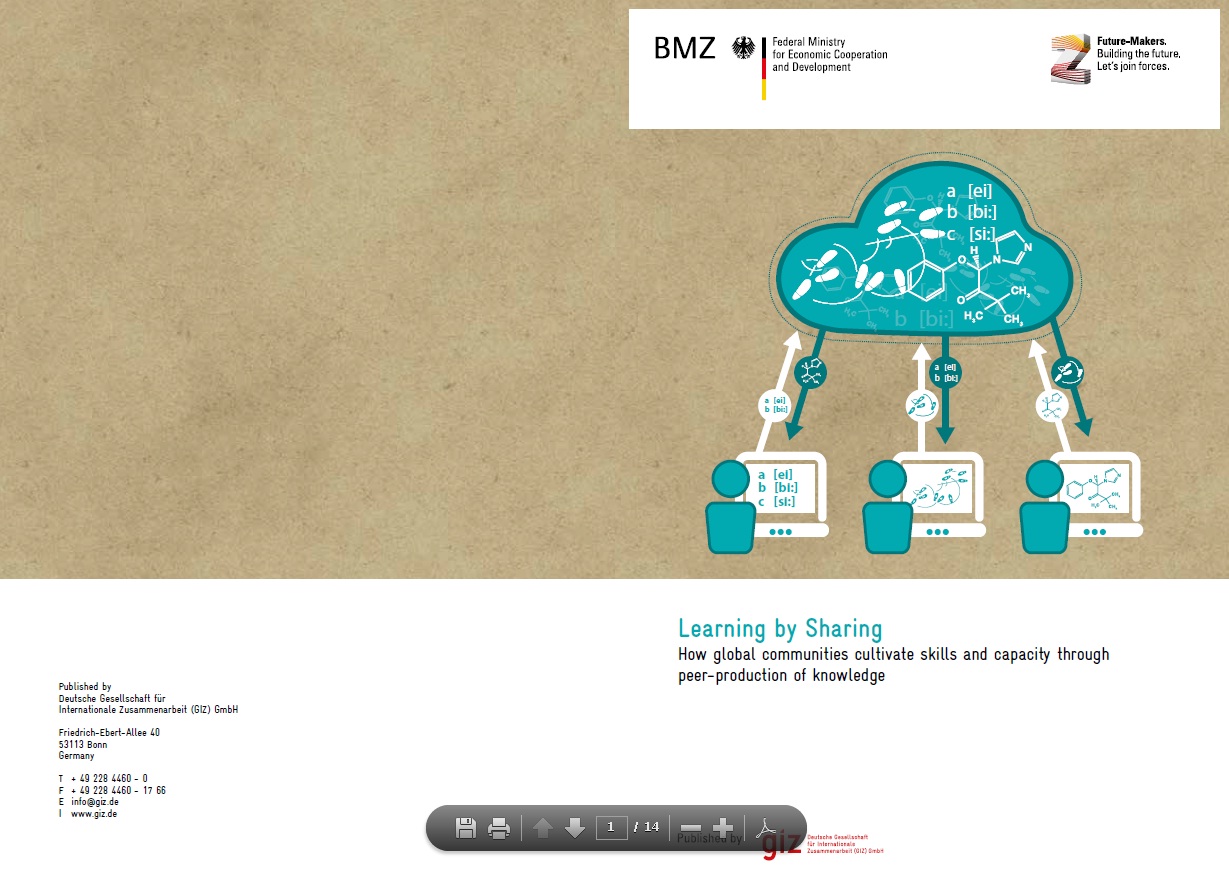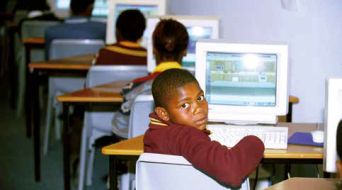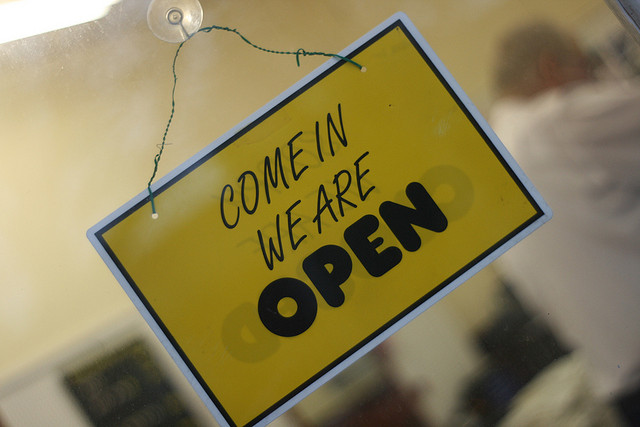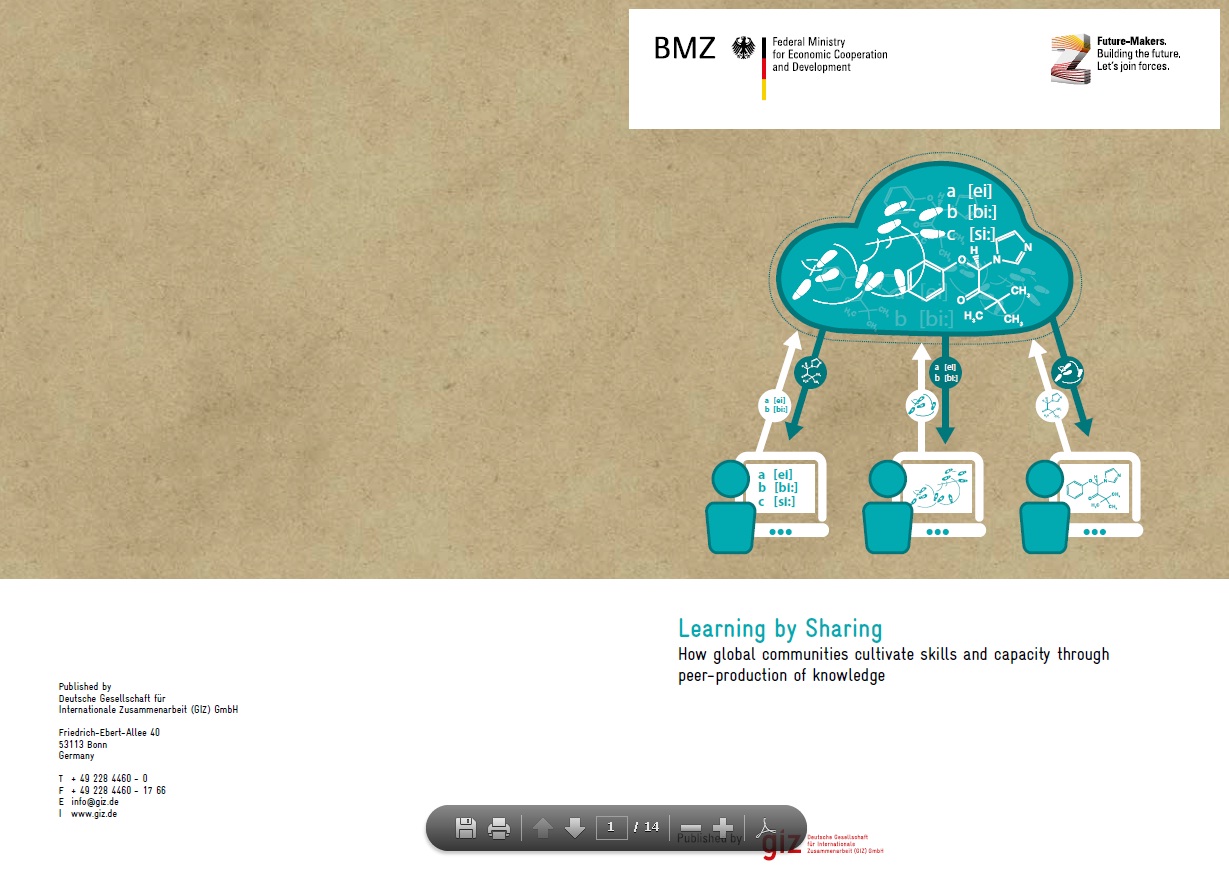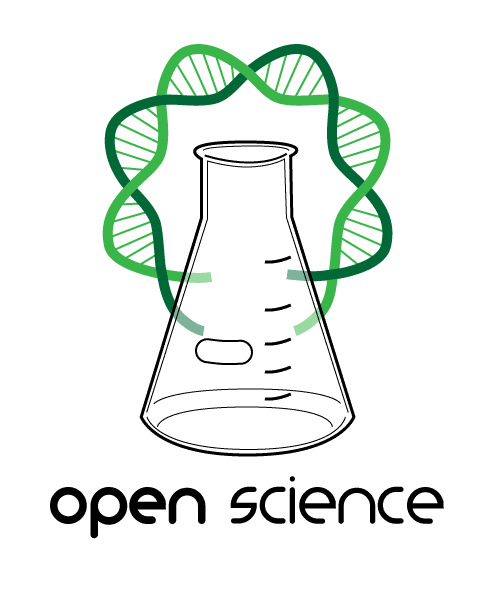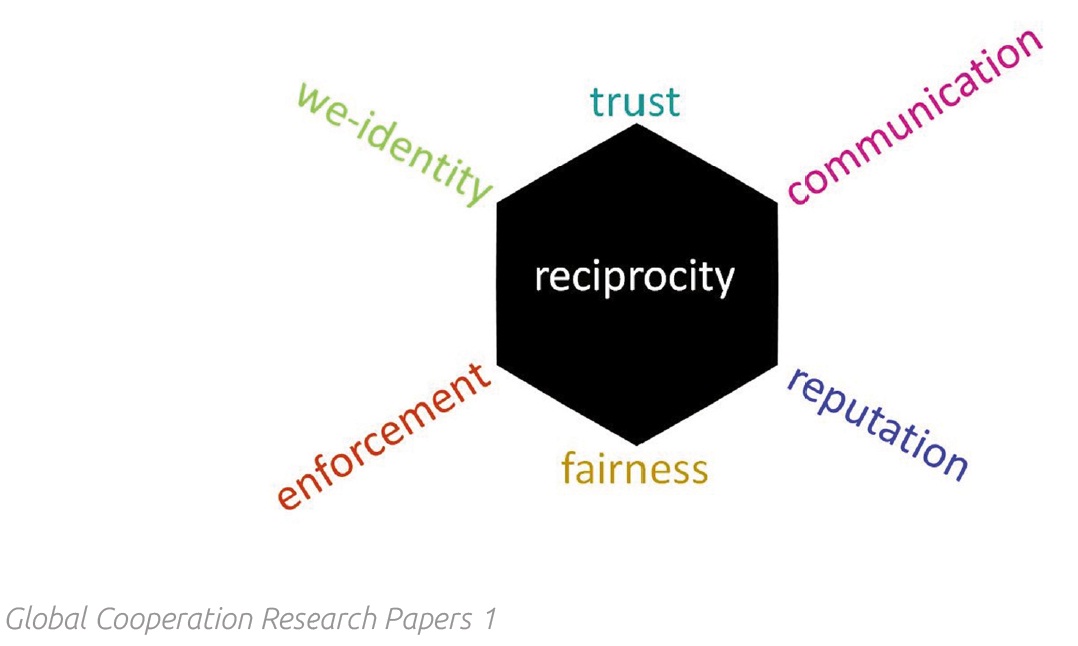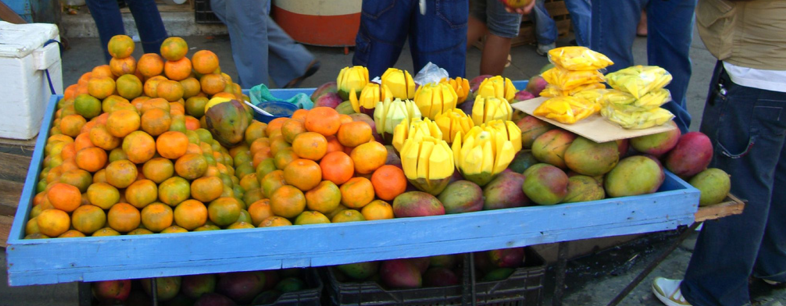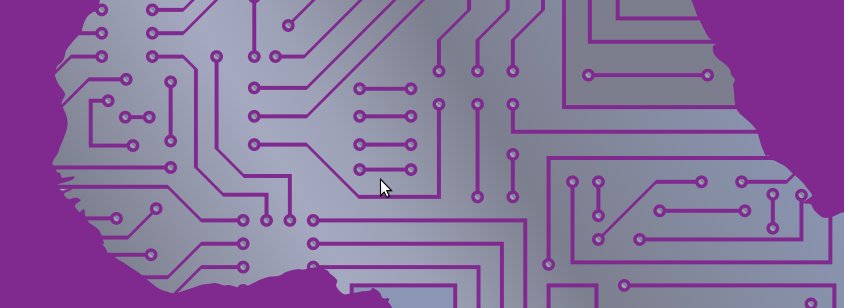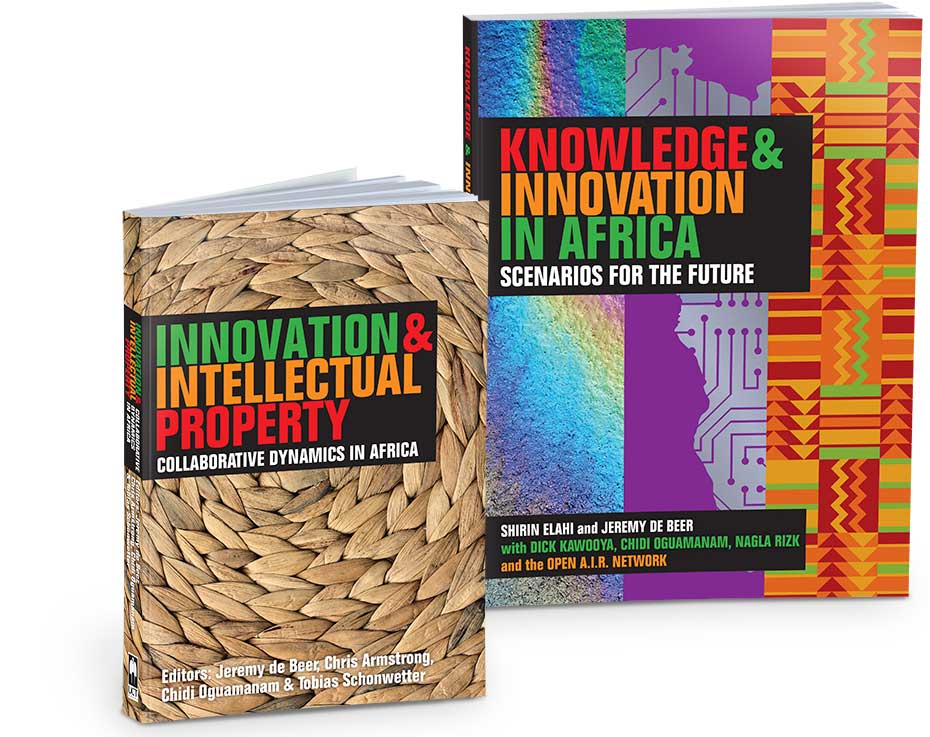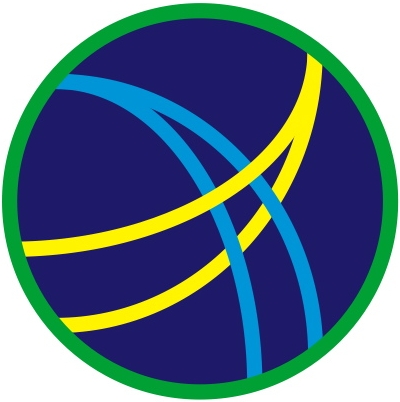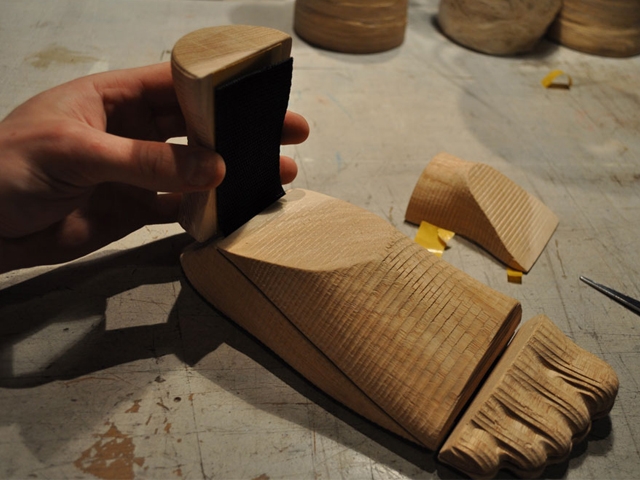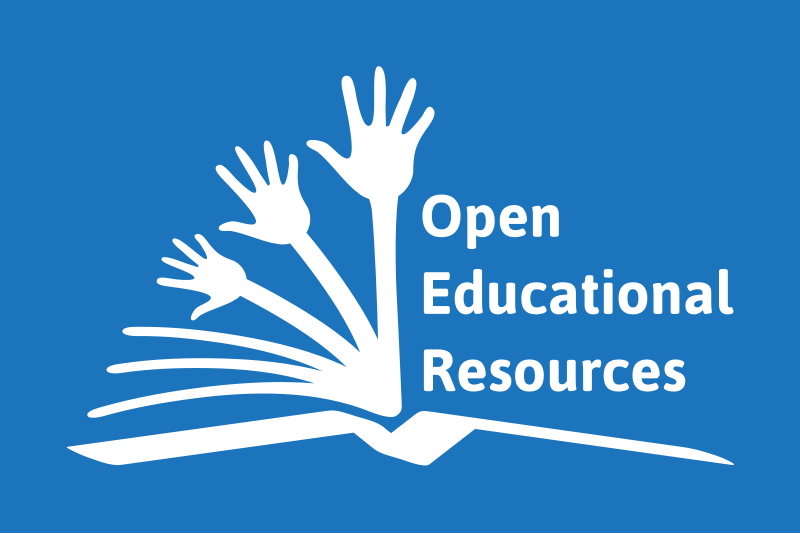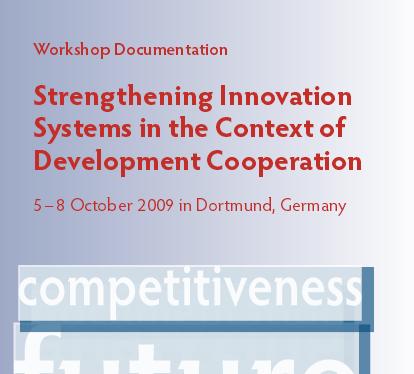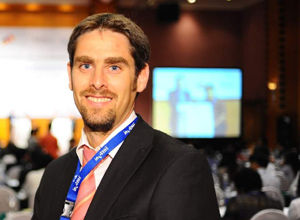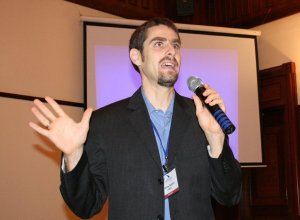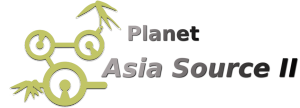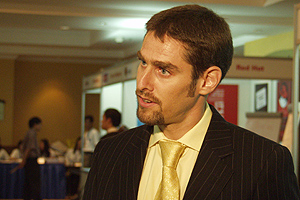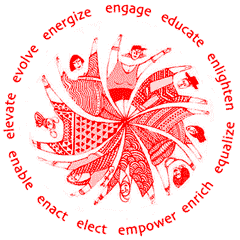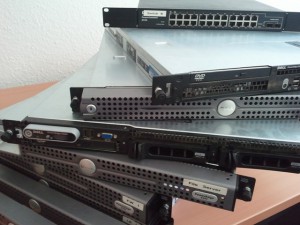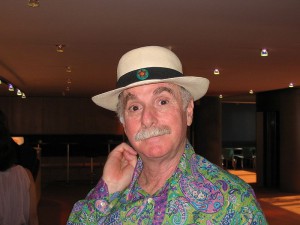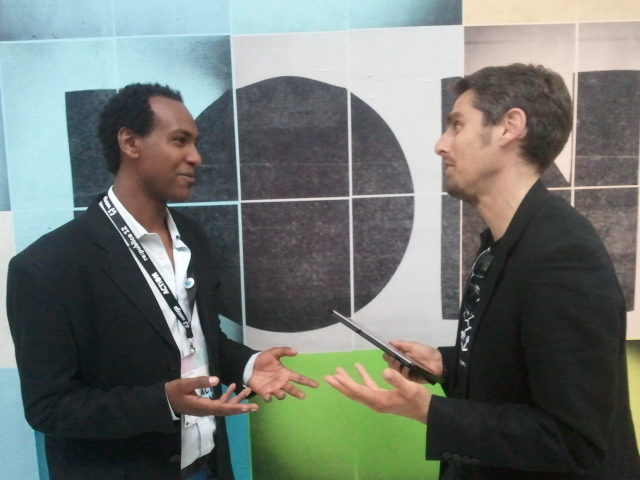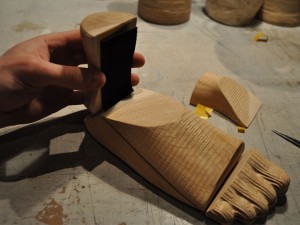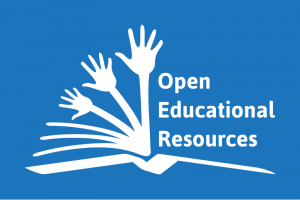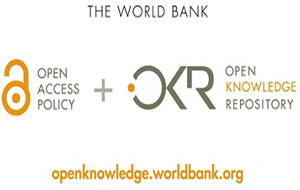
Copyright World Bank, source: http://crinfo.worldbank.org/wbcrinfo/sites/wbcrinfo/files/OKR_300px.png
In the coming days, everyone will talk about the new president of the world bank. I think that the recently announced move of the world bank to an “Open Access Policy for Research and Knowledge” and its launch of an “Open Knowledge Repository” will be more significant over time.
According to a press release, the bank will implement a new Open Access policy for its research outputs and knowledge products, effective July 1, 2012. “The new policy builds on recent efforts to increase access to information at the World Bank and to make its research as widely available as possible. As the first phase of this policy, the Bank launched today a new Open Knowledge Repository and adopted a set of Creative Commons copyright licenses.”
Good move.
BTW: I am quite encouraged to see, that the WB is using the same licence, which we have been implemented in all of our it@inwent capacity building programmes (Update: Link now goes to the site archived by the Internet Archive – last version of 2012)., for instance for the guide “Free your IT Business in Africa“.
BTW 2: For all German readers, there is a good post on the new world bank policy on open heise.
____
Note: This text was first published on the blog of Balthas Seibold at the Alumniportal Germany (www.alumniportal-deutschland.org/en/). Check the blog ( register or login first). All blog entries represent the personal views and ideas of Balthas Seibold.
